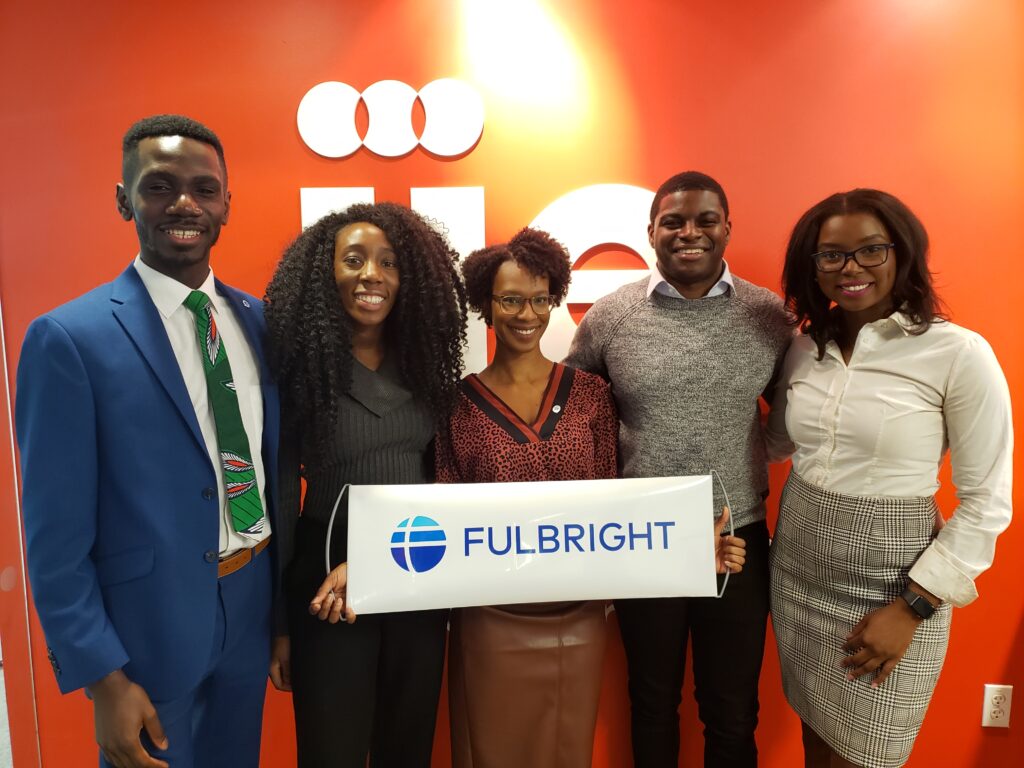
The U.S. Fulbright Student Program annually grants over a thousand Fulbright English Teaching Assistant Awards (ETA) in nearly 100 countries worldwide. Fulbright ETAs teach English full-time and serve as U.S. cultural ambassadors in their respective international communities for approximately one year. Additionally, the Citizen Diplomacy Action Fund (CDAF) is a grant for former or current participants of U.S. government-funded and facilitated exchange programs. This grant helps alumni implement projects that bolster democratic principles and meet newly-arisen needs in the wake of the pandemic.
Olugbenga Joseph is a Nigerian American scholar, educator, and artist who participated in both of these prestigious programs. As a Fulbright English Teaching Assistant in Madrid, Spain, he taught Spanish youths English, history, and art. He also advanced diversity, equity, and inclusion within the Fulbright program as a U.S. Student Fulbright Alumni Ambassador. As a recipient of the 2023 Citizen Diplomacy Action Fund, Olugbenga also collaborated with fellow Fulbright recipient Feyi to produce Once Upon a Future, an original musical and art exhibition designed and implemented in Abeokuta, Nigeria. We spoke with Olugbenga about his experience in both these programs, takeaways, and tips for prospective applications.
As a multi-fellowship winner, tell us about your background and professional journey. What led you to apply to the Fulbright U.S. Student Program?
I learned about the Fulbright U.S. Student Program during my freshman year at Brown University through a text message sent to my acapella group. Scanning the message, I learned that a Black male member of the group had recently earned a Fulbright English Teaching Assistantship (ETA) to a Spanish-speaking country. This Black male representation was an essential entry point to Fulbright and a powerful motivating factor for me. The example of this alumnus made the fellowship seem much more familiar than foreign, inspiring me to apply when I was eligible to do so.
I was drawn to the Fulbright program in Spain for several reasons. At Brown, I majored in education and took Spanish courses, so serving as an English Teaching Assistant allowed me to couple these twin academic interests in an immersive comparative context. As an actor and singer, I also wanted to engage with Madrid’s robust creative communities. Finally, I promised myself that I would spend one of the first five years of my life after college in another country. I craved the professional clarity, global awareness, and personal growth that my peers who had lived abroad seemed to possess. Fulbright Spain checked all of the boxes.
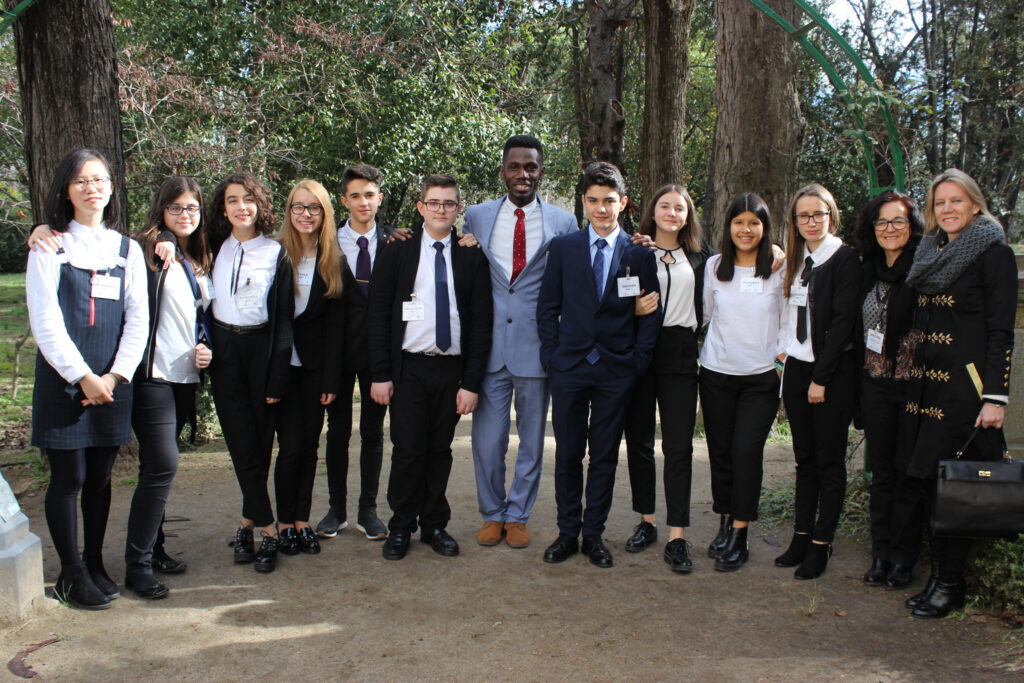
Can you describe a typical week of your Fulbright experience in Spain? How did this opportunity advance your career and professional network?
My Fulbright experience was breathtaking. On a weekly basis, I provided instruction in English, history, and art at a bilingual secondary school in Madrid, Spain. Each week typically involved teaching 16 classes to 11–18 year olds and another two hours for meetings and lesson preparation. I spent most of my time teaching Global Classrooms (think Model United Nations for English language learners) to my 13–14-year-olds, a year-long curriculum during which we focused on the rights of migrants from a global perspective. This topic was relevant to many of my students, many of whose families had immigrated to Spain from Romania, Morocco, and even Nigeria. When I wasn’t teaching, I was performing with an international gospel choir, taking acting classes at a local studio, and volunteering at the International Institute in Madrid.
While my classroom experience helped me hone the craft of teaching and to understand the Spanish education system, the bulk of my professional growth came from my efforts to further diversity, equity, and inclusion in the Fulbright program. As a scholar and alumni ambassador, I facilitated a workshop on cultural sensitivity at a pan-European Fulbright conference, led a task force within a European Fulbright diversity initiative, and presented ways to combat anti-Black racism within the fellowship. In the process, I’ve worked with some of the most brilliant minds I’ve ever known. The experience of networking “up” with senior Fulbright officials and networking “across” with other Fulbrighters has equipped me with a global lens to understand DEI work.
Afterward, you received the Citizen Diplomacy Action Fund to develop creative and performing arts projects in Nigeria. Can you tell us about that?
The idea for Once Upon a Future came from Feyi, a fellow Fulbright Student I met as an administrator at Brown. We bonded over our shared love for Nigeria, education, youth development, and the arts. Together, we decided to apply for the Citizen Diplomacy Action Fund grant to produce an original musical and stage play with two main objectives. First, we wanted to design a summer-long curriculum of workshops, training, and rehearsals that would allow young Nigerians to uncover and unleash their creative gifts in the community.
Second, we wanted the Once Upon A Future artistic showcase and stage play to challenge the national narrative around pursuing creative careers in Nigeria. By putting on full display the raw talent of our young actors, singers, dancers, and painters, we wanted them, their families, and their communities to understand the importance of incorporating the arts into one’s life—whether on a full-time or recreational basis. We documented much of our process at @onceuponafuture_ on Instagram. While the August 2023 showcase has since ended, the work continues!
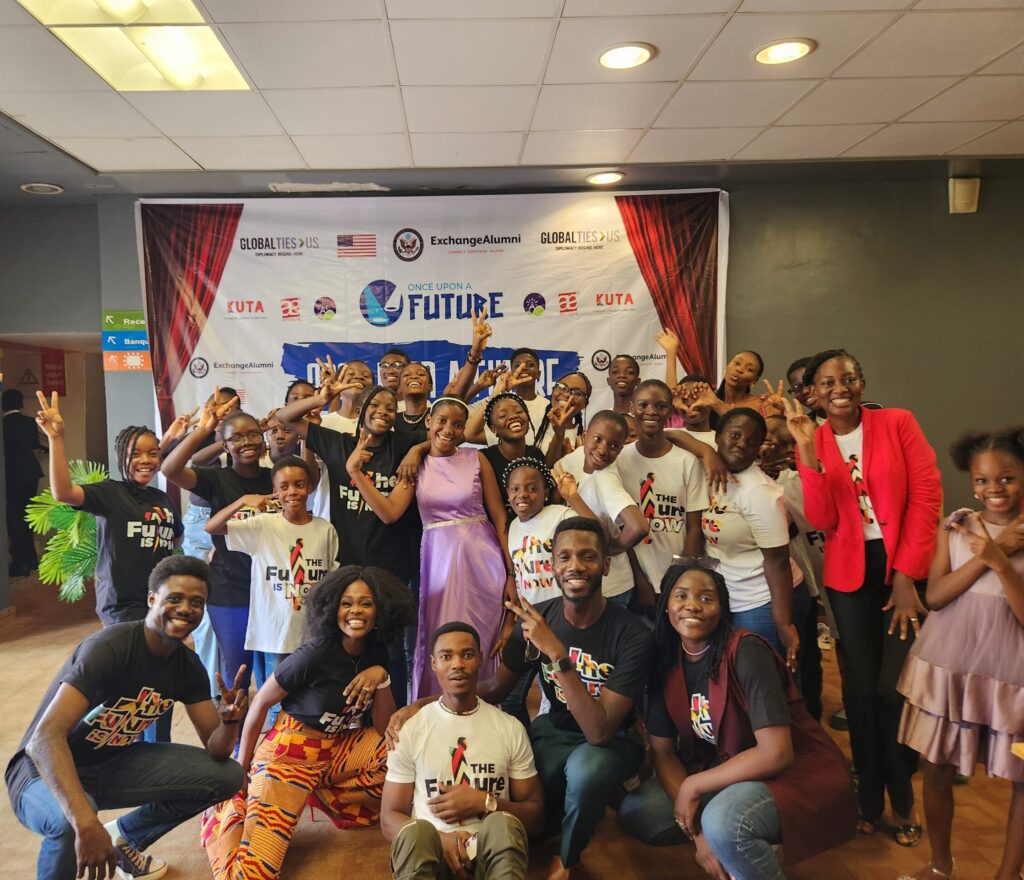
How have your fellowship experiences served your academic and professional goals? How will you incorporate them moving forward in your career?
My experiences as a Fulbright Student and alumni ambassador have been more illuminating than I could ever anticipate. As a CDAF grant recipient, I was not only able to serve young creatives in Nigeria, but it also reinvigorated my love for my own creative praxis, which I thought I would sideline during my doctoral program.
These experiences have collectively equipped me with a comparative lens to understand myself and the world around me. As a PhD student, I now desire to learn Yoruba (my family’s tribe and language) so that I can study creative communities in Nigeria as a scholar. The fellowships have reminded me of a powerful lesson: the world is a global classroom. I’m committed to a lifetime of learning.
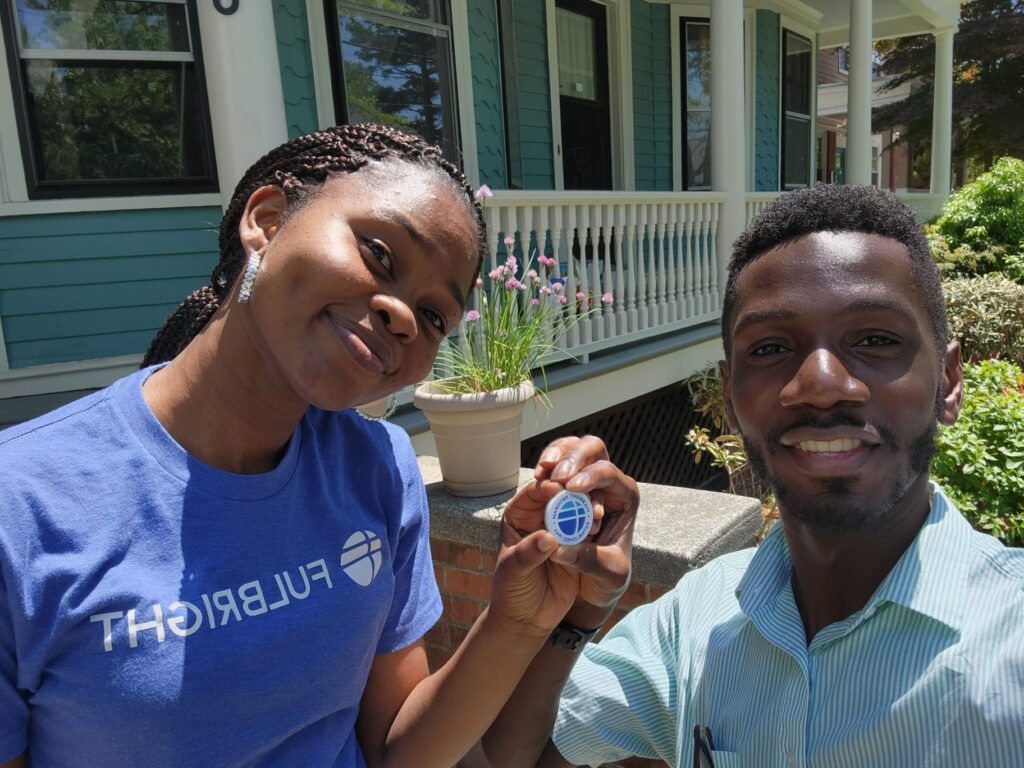
What advice do you have for others applying to the Fulbright and the Citizen Diplomacy Action Fund?
From my experience, one half of the battle when pursuing fellowships is navigating the “mental game” of the application process. It’s important to silence that inner critic that will cause you to question, “Am I good enough for this opportunity? Do I measure up?” You are, and you do. Fellowships like Fulbright and CDAF force you to reflect on who you are, what you’ve done, and who you’re becoming. Even if your application is unsuccessful the first time, you’ve gained conceptual clarity that can inform future applications.
The other half of the battle is completing the application itself. For Fulbright, in particular, you’re afforded the freedom to customize your experience as an educator, researcher, or student in one of 140+ countries across the globe. Be sure to understand all country-specific nuances of the program you’re looking into, and start collecting data from as many sources as possible. This could mean listening to the Fulbright webinars and contacting your university’s fellowship office. It could also mean talking to Fulbright alumni in your desired host country, Fulbright alumni ambassadors such as myself, and reaching out to Fulbright affinity groups such as Fulbright Noir.
For CDAF, it’s important to note that one of the applicants on your team must be an alumnus of one of the U.S. Department of State programs (including Fulbright) in order to be eligible. In general, CDAF tends to look for projects that have a clear “theory of change” in the communities that applicants wish to work with but are also realistic in what can be accomplished within a year and with (up to) $10,000 of funding.
In general, your application will stand out if you can draw from your specific experiences and abilities and “lean into” your own narrative. What can you contribute to (and gain from) this fellowship? Why you? Why now? These questions should be at the forefront of your writing.
Interested in applying to this fellowship? Bookmark the Fulbright English Teaching Assistantships and the Citizen Diplomacy Action Fund to your ProFellow account.
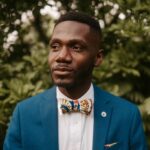
© 2024 ProFellow, LLC. All rights reserved.